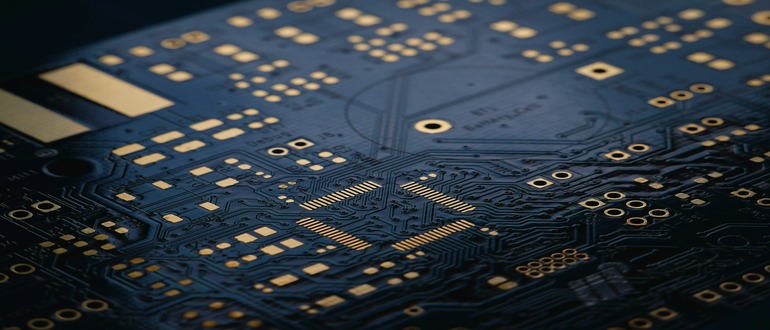
There’s an old saying: “Well, now we know what you are — it’s just a question of the price.”
Turns out, the U.S. government’s price is 15%.
For years, Washington beat the drum that selling advanced AI chips to China was a strategic no-go. “National security!” they said. “We can’t let the Chinese military or surveillance state get their hands on this technology.” We put in export controls. We lectured industry. We even designed special “China-compliant” chips so they couldn’t be used for military AI.
And now? Lo and behold, the tune has changed. If Nvidia and AMD want to sell certain AI chips to China, they can — as long as Uncle Sam gets his cut. You can almost hear the ka-ching in the background.
From Moral High Ground to Toll Booth Operator
Let’s be clear — the chips in question, Nvidia’s H20 and AMD’s MI308, aren’t the latest bleeding-edge models. That’s the fig leaf the administration is holding up to cover the sudden change of heart. The logic goes:
- These chips aren’t powerful enough to pose a real threat.
- Selling them might actually slow China’s efforts to develop its own cutting-edge chips.
- And hey, our chip companies could use the revenue.
Sorry, but I’m not buying it. These are still powerful AI accelerators, and China’s engineers aren’t exactly novices. Give them enough of anything, and they’ll figure out how to close the gap. That’s been their playbook for decades.
More to the point — what happened to principle? Last year, this was a national security red line. This year, it’s a revenue stream. We didn’t lift the restriction because the threat went away. We lifted it because we put a price tag on it.
The Pros and the Con — Singular
Sure, I can see the upside for U.S. chipmakers. China is still one of the largest markets in the world. Losing that business hurt, and this gives them a way to claw some of it back, even if the 15% tax takes a chunk out of their margins.
Maybe there’s even some clever trade-negotiation logic buried in there somewhere — a carrot to go with the stick in talks about rare earths or tariffs.
But let’s not pretend there’s some grand strategic advantage here. The con is obvious: We’ve just taught the world that U.S. national security is negotiable. Not on principle, not on security grounds — but for a fee.
The Oligarch’s Handbook
This is straight out of the “pay the boss” model we like to condemn in other countries. You want to move product? You cut in the powers that be. We’re not guarding the vault anymore; we’re running the concession stand.
And once you start down that road, where does it stop? Do we let other “restricted” tech go out the door as long as the Treasury gets its taste? Is our foreign policy now a menu with prices in the margins?
The Dangerous Trade We’re Really Making
The short-term payoff is clear — billions in chip sales, a little extra juice for the federal coffers and a temporary peace with some of our biggest tech companies.
The long-term cost? Trust. Credibility. Strategic consistency. When we say something is a matter of national security, the world should believe we mean it. Not assume they just haven’t found the right bid yet.
Closing the Sale — and the Book on Principle
We’ve gone from being the national guardrails to being the national gatekeepers — waving people through if they’ve got the toll. That’s not statesmanship. That’s opportunism.
And once you’re seen as for sale, you never go back to being priceless.

